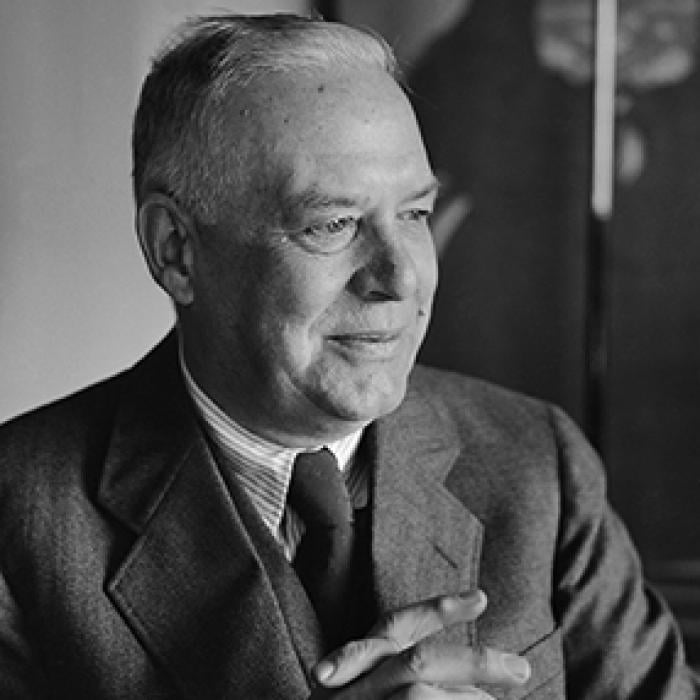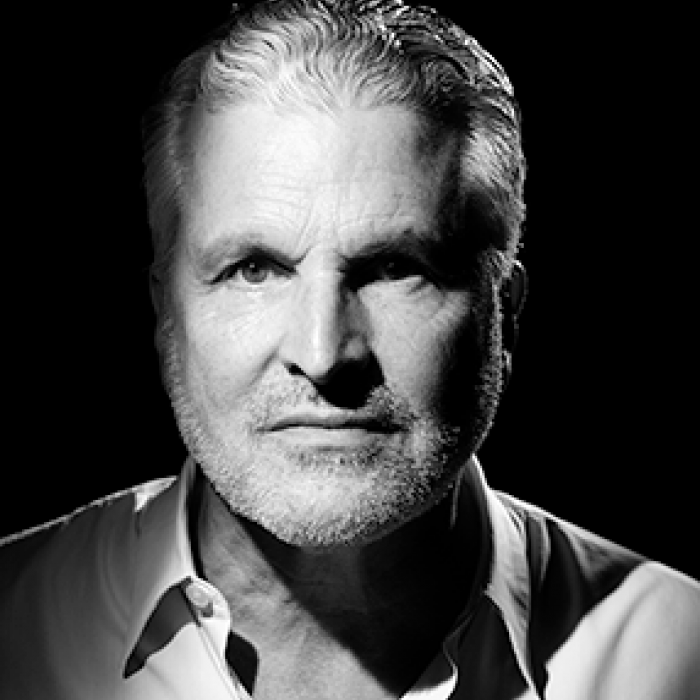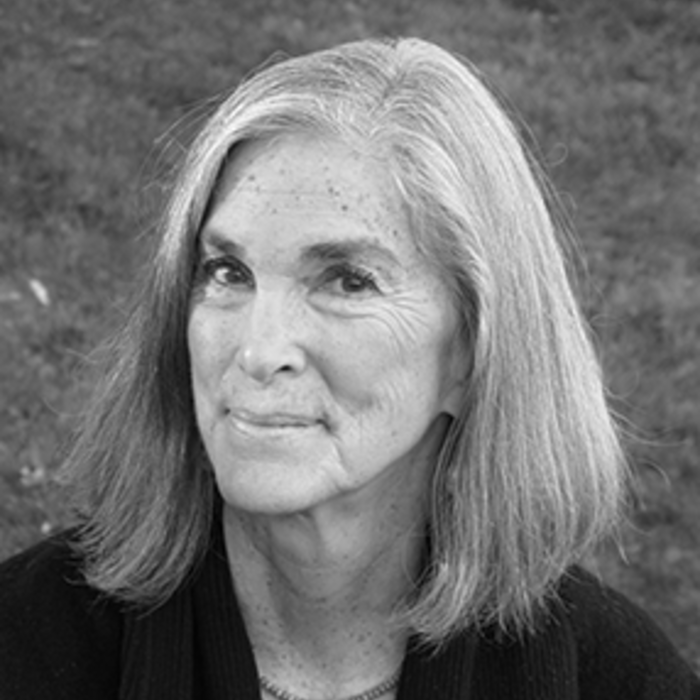State Poet Laureate
In 1985, Connecticut established a state poet laureate position, which is currently held by Antoinette Brim-Bell, who was appointed to a three-year term in 2022. Brim-Bell's most recent book is These Women You Gave Me (Indolent Books, 2017).
City and County Poets Laureate
Bethel
In 2022, Richard Magee was appointed the poet laureate of Bethel.
Hartford
Frederick-Douglass Knowles II was named poet laureate of Hartford, Connecticut in 2018. Knowles will serve a three-year term.
Canton
In 2019, David Leff was named poet laureate of Canton, Connecticut. Leff will serve a four-year term.
New Haven
In 2024, Sharmont “Influence” Little was appointed the first poet laureate of New Haven.
Newtown
In 2024, Lauren Clifford was appointed poet laureate of Newtown.
Ridgefield
In 2023, Ira Joe Fisher was appointed poet laureate of Ridgefield.
Vernon
In 2023, Caitlin Chatterton was named poet laureate of Vernon, Connecticut.
Westport
In 2022, Jessica Noyes McEntee was named poet laureate of Westport, Connecticut. McEntee will serve a two-year term.
Woodbury
In 2021, Sandy Carlson was named poet laureate of Woodbury, Connecticut. Carlson will serve a three-year term.



